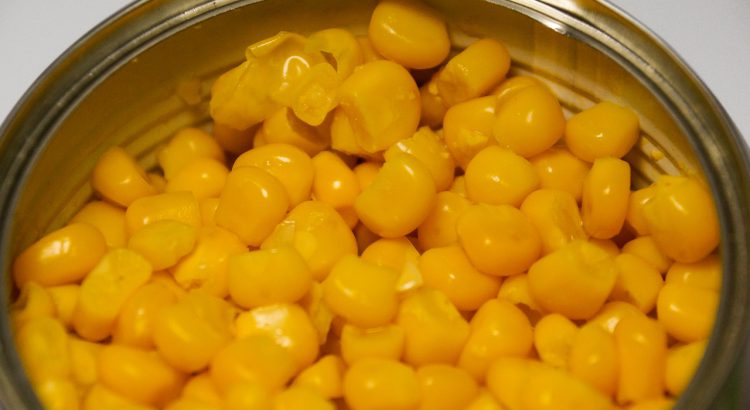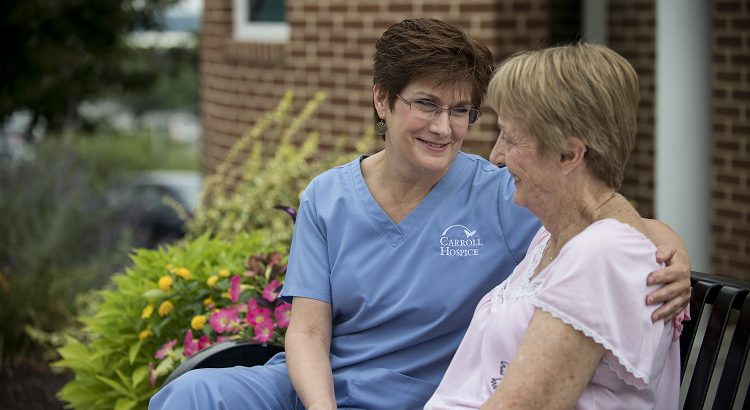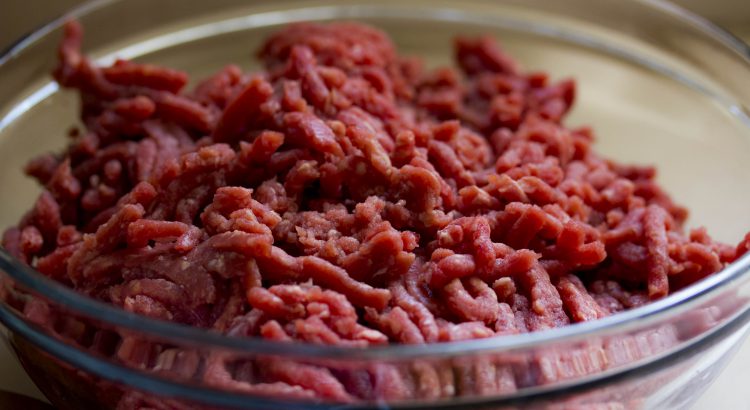Each month, a health care professional will weigh in on a health and wellness myth.
This month’s misconception: Advance Directives
Advance directives are an important, but often misunderstood, tool in health care. This document specifies what actions should be taken in the event that you are no longer able to make health care decisions due to illness or incapacity, and it identifies a person of your choosing to make such decisions on your behalf.
Myth: I’m healthy so I don’t need an advance directive.
Anyone age 18 or older should have an advance directive, whether they are healthy or facing a chronic illness, says palliative care nurse Laurie Luellen, R.N. “We never know what tomorrow is going to bring,” she says. “If something happens and someone is not able to make their own decisions, it makes it easier for the family to know what to do.”
Myth: An advance directive needs to be completed by a lawyer.
Two witnesses are all that is needed in order to fill out an advance directive. These witnesses must be age 18 or older, and neither can be the person you’ve chosen as your medical advocate. One important note: these witnesses don’t need to read your advance directive or know what you’ve outlined in terms of your health care decisions. They are there to simply witness that you signed the document, Luellen says.
Once the advance directive is completed, Luellen recommends giving a copy to your medical decision maker and to your local hospital, even if you’ve never been a patient there. The hospital staff will scan and save your advance directive so that it is always on file in case of an emergency.
Myth: If you have an advance directive, medical staff won’t put the full effort in to saving your life.
A lot of people think this is the case, but it is simply untrue. Hospital staff will make every effort to fulfill the wishes you have outlined in your advance directive. In addition to the advance directive identifying a medical advocate, the document also allows for individuals to outline the type of care they would want if they have a terminal condition, an end-stage condition or if he or she is in a persistent vegetative state.









